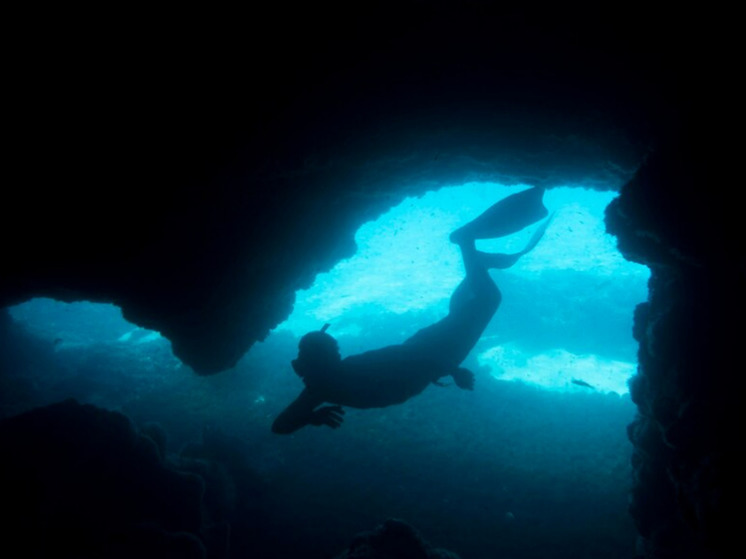Lots of cultural treasures found underwater
Dozens of historical artifacts dating from the 4th century BC to the 12th century AD were found in the first scientific underwater excavations in the Kerpe region in the Kandira district of Kocaeli.
 < span itemprop="width" itemscope itemtype="https://schema.org/QuantitativeValue">
< span itemprop="width" itemscope itemtype="https://schema.org/QuantitativeValue">
The ancient Kerpe Bay is located in Kandir, a district of Kocaeli that has the longest coastline along the Black Sea (52 km) in Turkey. Kerpe is located in a bay, protected from the northern winds and waves of the Black Sea, reports Arkeonews.
Kerpe was known as «Kalpe», which in Greek means «pot, jug, jug, jug.» It is an old and important site, dating back to the fifth century BC. Kerpe Bay, a naturally protected port on the Black Sea coast, was used as a trade center and coastal town in the seventh century by colonists from Miletus or Megara to exploit and protect the Black Sea trade routes. After the collapse of the Bithynian kingdom, the settlement of Kerpe continued in both the Eastern Roman and Western Roman periods due to its strategic location. In addition, it became a stopover for Genoese ships and also served as a route for transporting timber and charcoal to Istanbul during the Ottoman period.
The remains of a pier belonging to the ancient harbor of Calpe were largely submerged, leading to underwater excavations started in 2020.
The excavations are being carried out by the Kocaeli Museum Directorate under the supervision of the Turkish Ministry of Culture and Tourism, General Directorate of Cultural Affairs heritage and museums.
A team of excavators worked 80 meters from the shore at a depth of 4 meters to reach ancient objects scattered over an area of about 2,000 square meters.
During the excavations, archaeologists recovered from the water two parts of an ancient pier and numerous remains of amphoras (double-handled pottery typical of the ancient period).
These artifacts are on display at the Kocaeli Archaeological Museum as part of an exhibition entitled “ A safe haven of the Black Sea: Calpe.
Serkan Geduk, director of the Kocaeli Museum, said: “We believe that this is extremely valuable in terms of highlighting the trade relations between East and West from Antiquity to the Ottoman period on the Black Sea sea. Therefore, we try to display cultural treasures discovered during underwater excavations in chronological order and with some animations in our museum. During the excavations, we uncovered many underwater cultural assets, ranging from the remains of commercial amphorae dating back to the 4th century BC. — 12th century AD, to red-glazed pottery, lamps, pipe fragments, various cultural objects dating back to the Ottoman period and shipwrecks that we discovered in the region.”


























































Свежие комментарии